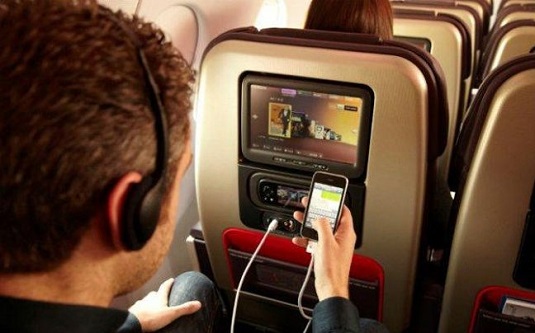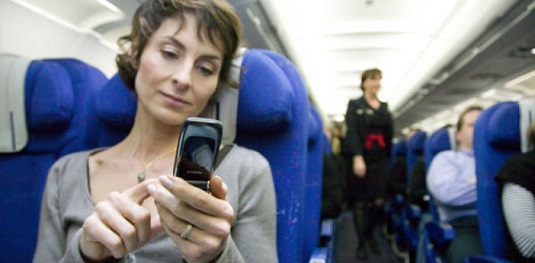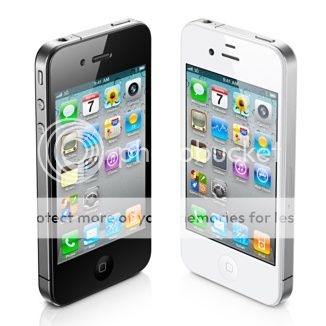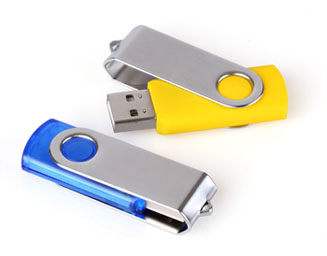Mobiles and Tablets | Airplane use
According to a recent research, the survey of the U.S. Federal Aviation Administration, attempts to give an end to controversial views on whether and how much devices affect the operation of the airplane, as the requirement for the use of passengers are becoming more intense. According to a report in the New York Times, meetings and various advisory committees are making their recommendations.
A few days ago, an advisory committee of recommendation said that airline passengers should be able to use their personal electronic devices to read, play games or enjoying movies and music, even when the airplane is on the ground or flying below 10,000 feet. The same group stressed that the restrictions should remain in place for sending messages, browsing the Internet or checking e-mail, after the doors of the plane close. Passengers can make these actions only when the WiFi network board is on.
The use of mobile phones for voice calls are not even put on the table, and will still be prohibited throughout the duration of the flight. The committee is likely to maintain the limitations on devices such as smartphones and tablets, after some of their functions could potentially disrupt some airplane systems. For this reason, these devices should be used only in flight mode, which disables the ability of the dangerous operation. In general, passengers will be able to use the tablets, e-readers and smartphones to listen to music, watch movies, or read everything from data downloaded before the flight.
Pilots and flight attendants, however, are opposed to the use of electronic devices and argue that laptops and tablets could be converted into dangerous missiles if the flight faces turbulence, or if the pilot decides to stop off and hits the brakes suddenly.
In a study published this year by two teams, the Passenger Airline Association and the Consumer Electronics Association, found out that 30% of the passengers said they had accidentally left a device during takeoff or landing open. Many pilots do not argue that especially the first class and business class passengers who rarely shut their cell phones.
The Federal Aviation Administration of the U.S. is expected to examine all proposals and will decide soon on the new rules. Note that the UK and Europe do not agree with the U.S. proposals.
By Nicole P.






